The Bank of Ghana has accused commercial banks of making loans expensive despite the regulator’s effort to make it affordable.
The Head of Research at the Bank of Ghana, Philip Abradu Otoo, expressed worry that although the central bank has pegged the prime rate at about 13.5%, several commercial banks are lending above 26%.
“What are the banks padding on top of the 13.5%…. that is what we need to focus on”, he said at the opening session of the 9th Ghana Economic Forum organised by the B&FT.
The central bank in a free market economy has no power to set interest rates. When the BoG cuts the policy rate, it is also trying to morally persuade commercial banks to reduce their lending rates to customers.
The policy rate determines the rate at which commercial banks determine interest rates on loans.
The Bank of Ghana, in June 2020, reduced its benchmark policy rate by 150 basis points as its first response to the strain that the Coronavirus disease (COVID-19) had imposed on the economy.
The reduction in the rate was the first since November 2018 and the expectations was that it would combine with other factors to make the cost of credit cheaper.
With this cut, it is expected that interest rates on commercial loans would also drop.
But commercial banks are lending at more than 22% with GCB charging the lowest base rate in the country at 22.75%.
At the Ghana Economic Forum, Mr. Philip Otoo defended the central bank’s decision to peg the policy rate at 13.5%, calling the recent reductions of some 3%, “a healthy margin”.
“Is it too high?” he wanted to know and explained that the figure is “to ensure macroeconomic conditions are very stable.”
But he deflected the question of high-interest rates to bank managers. “Talk to them”, he told the moderator of the panel discussion, Bernard Avle of Citi FM.
Fidelity Bank MD, Julian Kingsley Opuni, did not immediately respond to the question.
In a research publication, ‘the impact of Bank of Ghana policy rate on commercial bank lending rate’ the author, Nicholas Ekow Cobbinah, observed that the commercial banks are ‘largely silent’ on why interest rates are almost 100% increase on the policy rate.
“From their perspectives, however, it is not automatic that they reduce lending rates as and when the prime rate is reduced. They borrow from depositors at a cost and take into consideration the high administrative cost they face (bank staff are one of the best paid and risk premiums when setting their lending rates,” portions of the work reads.
He also observed that while the commercial banks are slow in reducing interest rates they are “quick to cut interests on deposits with them as the prime rate is cut.”
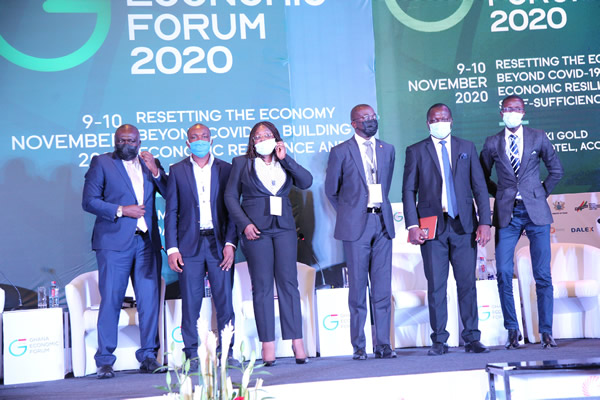
Earlier, the Managing Director of the Ghana Economic Forum, Dr Godwin Acquaye, highlighted the influential role of the Forum as it marked its 9th anniversary.
“Over the past eight years, the Ghana Economic Forum has evolved into an influential platform for businesses, government, the international donor community and civil society to come together to shape the economic agenda of the country.”
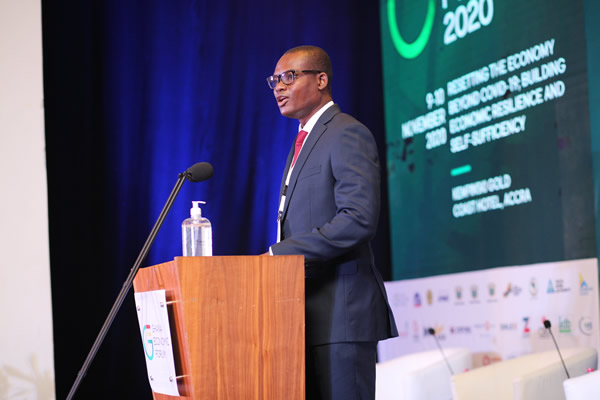
“These meetings are important points of connection for all our communities. It is your opportunity to take advantage of the platform we have built – not only to bring you together but also to catalyse action from your ideas.”



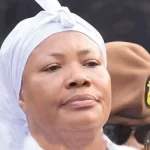



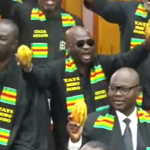

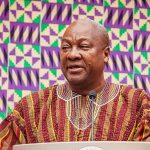


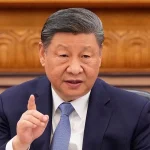

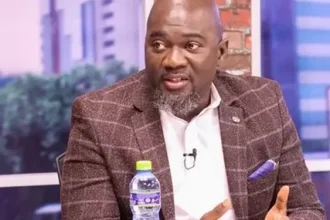


You cannot put your policy rate at 14% and tell the public to ask banks why loans are expensive. You cannot make international transfers and borrowing too expensive and almost impossible for small businesses and tell the public to ask banks why loans are expensive. You cannot remain the sole regulator of monetary and financial policy and tell the public to ask banks why loans are expensive. You cannot be the examiner and expect students to provide examiner’s report. Your statement to say the least betrays your level ok understanding of your office and enormous responsibilities you should know as the governor of the central bank.